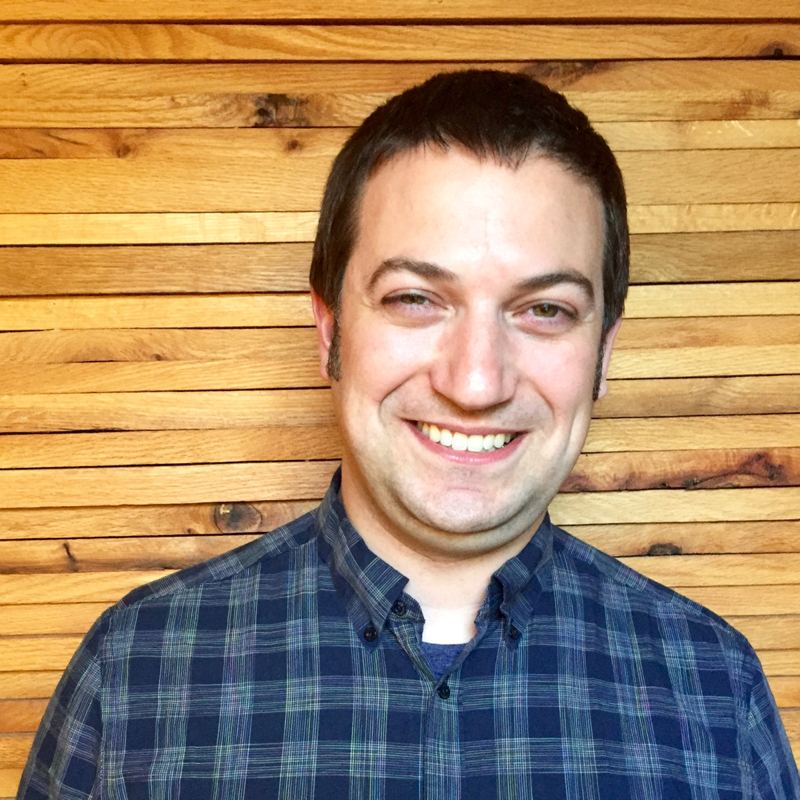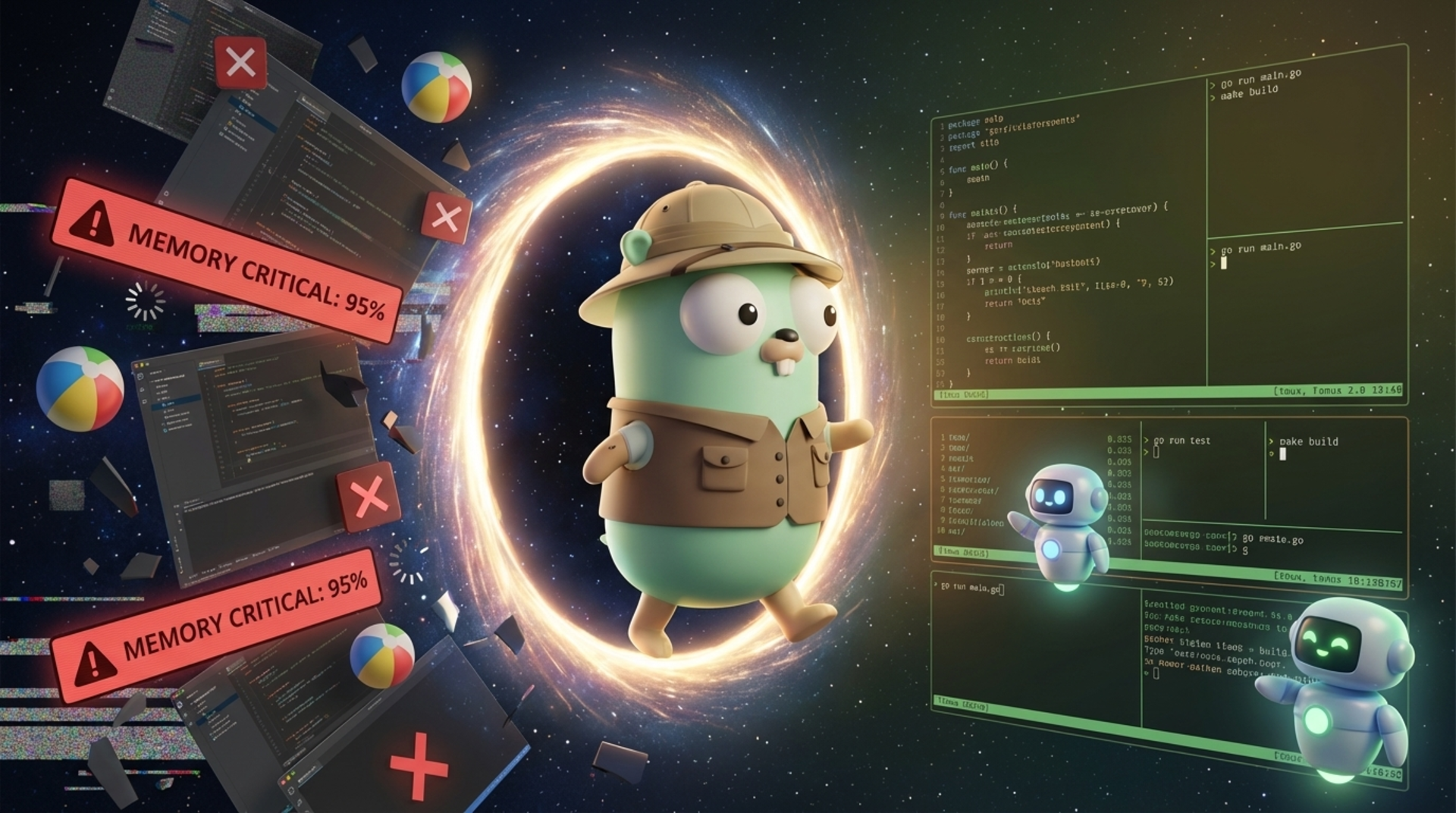
Mark Bates
Masters Style Go Courses
Overview
After training for over four years, and recently enrolling in my own Masters degree program, I've married both of my passions and I'm excited to announce our new Masters Style Go Courses!
For years now I've been wanting to pursue a Masters degree in Music Production. Due to my intensive travel with training and community, however, that was not possible. A Masters degree would require a lot of attention and focus, and in my case, the real need for a physical recording studio.
Enter 2020. Like the rest of the world, I found myself grounded and a in lock-down. Instead of looking at this time through a negative lens and most likely slip into depression, I decided to use that time to my advantage.
In the Fall of 2020 I started my Masters in Music: Music Production degree, online, at Berklee College of Music. This is a 100% virtual program that I can make work to my schedule, which is frequently late, late into the night.
Meanwhile, during the day, Cory and I have moved to teaching all of our Enterprise customers virtually. After a little adapting, the results have been spectacular. Our Enterprise customers have loved our virtual classes. And while our company had successfully adopted to the new normal, we were unhappy that we really had no way to service smaller companies, or individuals that wanted instructor led Go training. In addition, we also wanted to be able to offer something other than a face paced, intensive one and two week bootcamp style engagement.
During the day I'm building courses, writing material, training, and at night I'm taking classes online from a prestigious University. The Berklee Online classes are wonderfully done. At no point do I feel as though I've had a "dumb downed" version of the real thing. We have weekly live classes with the teachers, all of whom, so far, have been phenomenal. Each week I have new reading materials, videos, audio clips, and more to go over. I also have weekly quizzes, discussion posts, exercises, and a graded weekly assignment. Sometimes the weekly assignment includes an audio file, but it always contains writing. So much writing.
With that experience, Cory and I began talking more about what a 12-week instructor led Go course would look like. When we meet to discuss these new courses discussion, I found that more and we would start asking things like, "Well, how does Berklee do it?" As these discussions went on, and we started to refine our ideas, we realized that what we really wanted to do was take our Go training to the next level. We didn't want to have a program that consisted of just a live class and some slides and exercises. There are a ton of those out there already. What we wanted to do was build a University style course, complete with quizzes, discussion posts, exercises, graded weekly assignments, and yes, there will be writing. But we also wanted it grounded in the practical, day to day skills and workflow that you would expect to see in a modern enterprise Go position.
Our homegrown LMS, that has served us well since the beginning, wasn't up to the task. It didn't have the level of features needed to allow us to deliver the premium experience that we had envisioned. Instead of building, or rebuilding, we turned to the top LMS out there, Canvas. Canvas is used by more than 4000+ Colleges and Universities, including Berklee College of Music and the entire Ivy League. It wasn't just Berklee's content that I have been enjoying, again it's amazing, but I have also been enjoying the platform, and how well Berklee has used that platform.
Intro to Go is the first of these new 12-week, instructor led courses we're launching. I am incredibly excited about this, and the other courses we're building. Cory and I have created a brand new Go training experience. By studying University teaching models we have crafted a program that engages the student and re-enforces learning through writing and repetition, as well as coding. These courses require a serious time commitment by the student, at least 8-12 hours a week.
At the end of the 12 weeks students that have successfully completed the course will receive either a "Certificate of Completion" or a "Masters Certificate of Completion". These certificates will be awarded as "badges" that can be linked on GitHub, LinkedIn, Twitter, and more. Students are NOT guaranteed a certificate. These are graded courses. To receive a "Certificate of Completion" students need to receive a grade level of 89% or above. Students receiving a grade level of 90% or above will receive a "Masters Certificate of Completion".
As I prepare for the first class this July, I'm overcome with excitement. While learning for myself, I've also been taking a master class in how to teach and build courses. My worlds are colliding, and I'm thrilled. We're going to have fun in these courses too, it won't just be practicing your Pull Request comments. If you're as excited as I am about Go, and truly understanding what it means to be a Go developer on a daily basis, Apply Now and let's begin.



